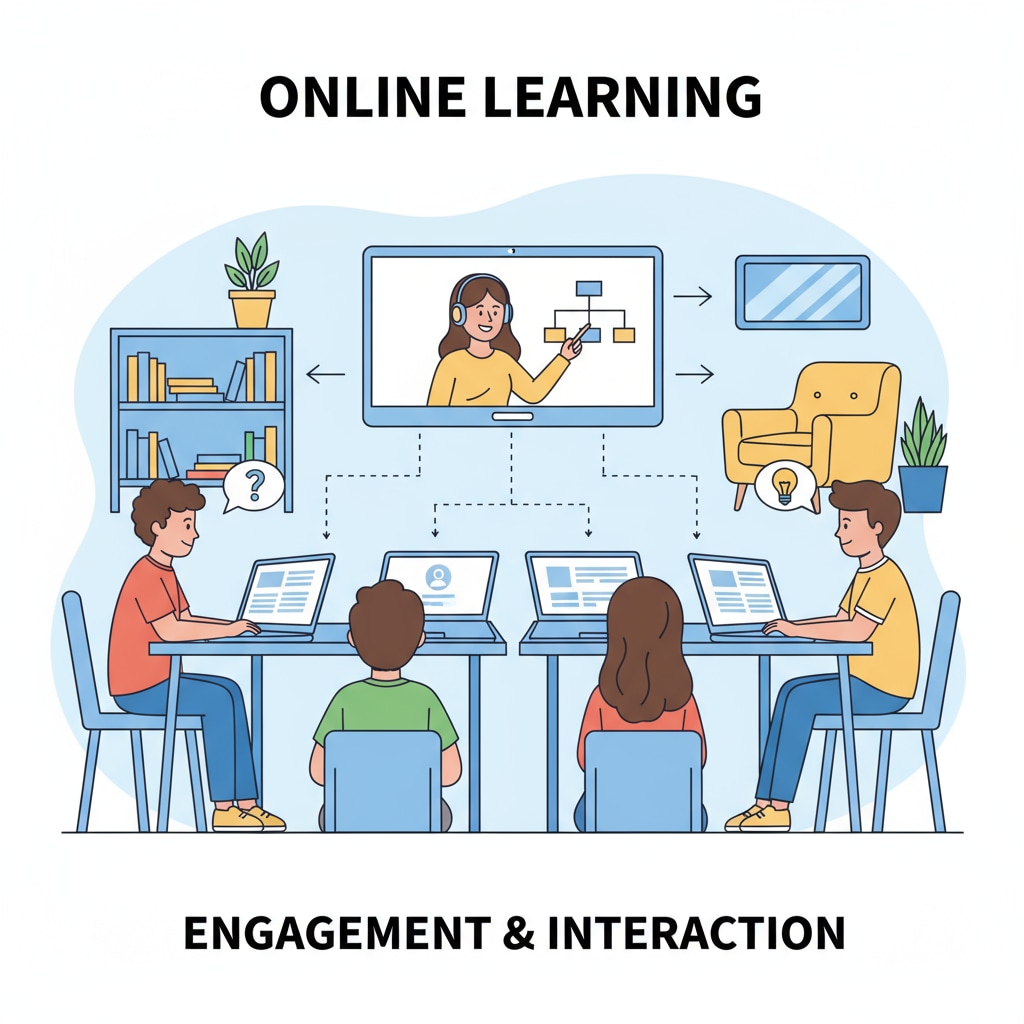Online learning, productivity, procrastination, and mental health are crucial aspects for teenagers who have chosen to study online due to mental health challenges. They often face tests of self-discipline and concentration. In this article, we will explore practical strategies to help students in the online education environment improve productivity and overcome procrastination, thus creating healthy learning habits and achieving a balance between mental health and academic performance.

Understanding the Challenges in Online Learning
Online learning presents unique challenges. Without the physical presence of teachers and classmates, it’s easy for students to lose focus. Distractions at home, such as social media and household chores, can disrupt the learning process. For example, a student might be tempted to check their phone during an online lecture, leading to a loss of concentration. As a result, procrastination can set in, and productivity can decline significantly. According to American Psychological Association research, many students experience increased stress and procrastination during online learning.

Strategies to Enhance Productivity
One effective strategy is to create a dedicated study space. This could be a corner of a room that is free from distractions. By having a specific area for learning, students can condition their minds to focus. In addition, setting a regular schedule is essential. Just like in a traditional school, having fixed times for classes, breaks, and study can help students stay organized. For instance, starting each day with a to-do list of tasks related to online learning can boost productivity. Another important aspect is to use time management techniques, such as the Pomodoro Technique, where students work in focused intervals followed by short breaks.
Readability guidance: The key points here are creating a dedicated study space, setting a regular schedule, and using time management techniques. These strategies can help students enhance their productivity in the online learning environment. By following these steps, students can better manage their time and focus on their studies.
Overcoming Procrastination
Procrastination is a common issue in online learning. To overcome it, students can break down large tasks into smaller, more manageable ones. This makes the tasks seem less overwhelming. For example, instead of trying to complete a long research paper in one go, break it into steps like topic selection, research, and writing. Additionally, setting deadlines for each sub-task can keep students on track. Another approach is to find an accountability partner, such as a classmate or a family member, who can check in on progress and provide motivation. According to Verywell Mind, these strategies can be effective in reducing procrastination.
Maintaining good mental health is also crucial in the fight against procrastination. When students are in a positive mental state, they are more likely to be motivated and productive. Activities like exercise, meditation, and spending time with loved ones can help improve mental well-being.
In conclusion, online learning, productivity, procrastination, and mental health are intertwined. By implementing the strategies discussed in this article, students can enhance their productivity, overcome procrastination, and maintain good mental health in the online learning environment. This will enable them to achieve better academic results and lead a balanced life.


